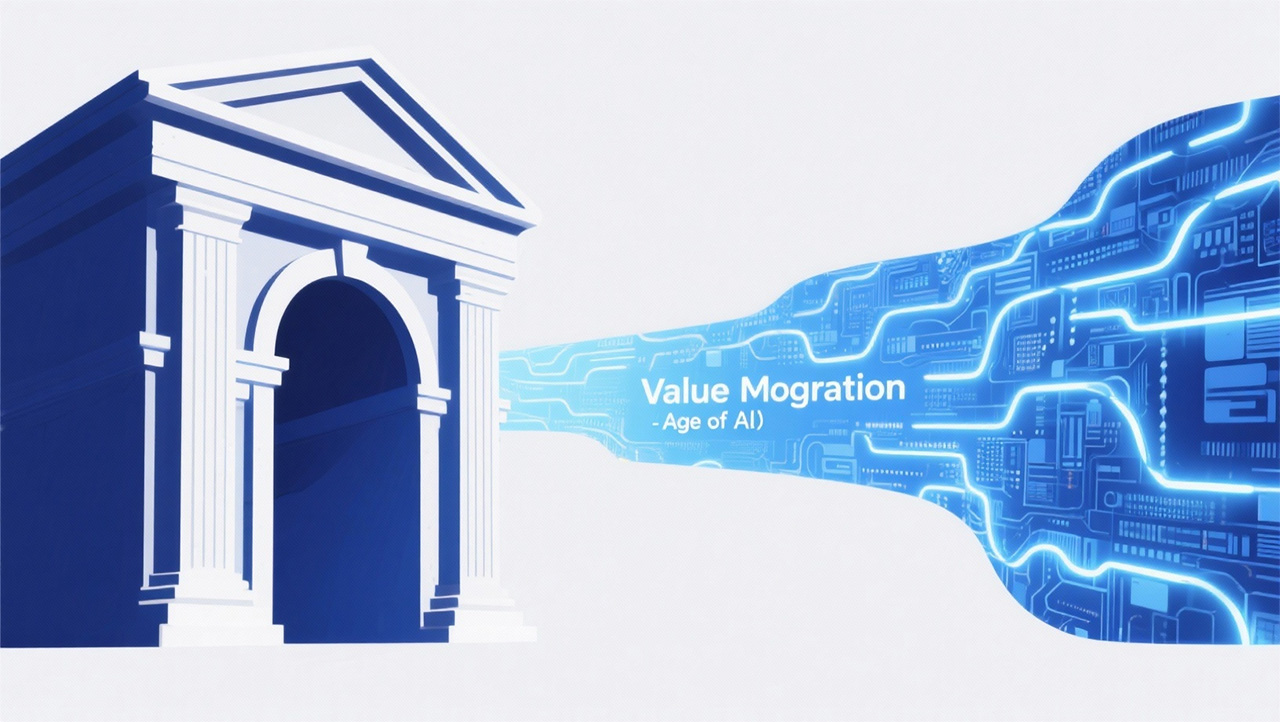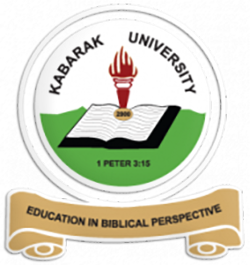Higher education is undergoing a historic transformation driven by Artificial Intelligence (AI). This paper reflects on the migration of educational value from traditional universities to digital ecosystems, and proposes strategic directions for universities to remain relevant and impactful in this new era.
1. Introduction
Higher education stands at a historic crossroads. The rapid advancement of Artificial Intelligence (AI) has ushered in an era where access to knowledge is instant, personalized, and borderless. This shift signals a fundamental value migration the movement of educational value from traditional institutional monopolies to more agile, technology-enabled ecosystems. For universities, this transformation is not a threat to be resisted but a reality to be understood, navigated and harnessed (Cangialosi, 2025).
2. The Changing Landscape of Knowledge
The global knowledge economy has evolved into a dynamic network where learning, certification, and innovation occur across multiple digital platforms. AI driven tools now provide premium-quality knowledge on demand, democratizing expertise once confined within university walls (Hi & Thouary, 2023). In this new landscape, the traditional university mODeL anchored in physical presence and content delivery faces diminishing exclusivity. The academic advantage now lies not in information transmission, but in interpretation, mentorship and the humanization of learning (Jin et al., 2025).
3. Redefining the Professoriate: From Knowledge Transmission to Knowledge Co-creation
The role of the professor is undergoing profound re-definition. No longer simply transmitters of knowledge, today s academics must become:
- Facilitators of learning, guiding students to navigate and evaluate abundant information;
- Mentors in critical and ethical reasoning, shaping discernment and intellectual humility;
- Curators of authentic human experience, fostering empathy, creativity and collaboration that machines cannot replicate. This transformation calls for a pedagogical shift from teaching content to cultivating capacity (Hi & Thouary, 2023).
4. Reimagining The University s Value Proposition
Universities that perceive AI as an adversary risk strategic irrelevance. The real challenge lies in rethinking institutional business mODeLs, pedagogical frameworks, and value propositions. Institutions that strategically integrate AI to enhance learning design, assessment and research will not only survive but lead in the emerging digital academy (Yusuf & Tambuwal, 2024). Conversely, those clinging to outdated mODeLs face the consequences of digital Darwinism where adaptability, not tradition, determines institutional survival (Ovington, 2025).
5. Looking Forward
To thrive in this AI-driven era, universities must:
- Reframe AI as a strategic partner in academic innovation;
- Re-skill faculty for digital-age pedagogy;
- Cultivate interdisciplinary ecosystems linking technology, ethics and human-centered design;
- Promote institutional agility through data-informed decision-making and continuous learning cultures (Sejdiu, 2025).
This transformation is not optional it defines the future of higher education itself.
6. Reflection
The migration of value in higher education is not merely about technology; it is about reclaiming relevance. The enduring worth of a university lies in its ability to nurture wisdom, integrity and purpose amidst rapid change. Embracing AI, therefore, is not about surrendering human roles to machines it is about elevating what is most human in us.
References
Cangialosi, K. (2025). An AI-Driven Optimism for Transforming Higher Education (It's Not What You Think). EDUCAUSE Review (Online):
https://er.educause.edu/articles/2025/2/an-ai-driven-optimism-for-transforming-higher-education-its-not-what-you-think
Hi , A., & Thouary, C. (2023, October 17). How AI Is Reshaping Higher Education. AACSB Insights. Available: https://www.aacsb.edu/insights/articles/2023/10/how-ai-is-reshaping-higher-education
Jin, Y., Yan, L., Echeverria, V., Ga evi?, D., & Martinez-Maldonado, R. (2025). Generative AI in higher education: A global perspective of institutional adoption policies and guidelines. Computers and Education: Artificial Intelligence, 8, 100348.
Ovington, T. (2025, March 27). Digital Transformation in Higher Education: Overview and examples. Digital Adoption. Available: https://www.digital-adoption.com/digital-transformation-in-higher-education/
Sejdiu, N. P., & Sejdiu, S. (2025). The quiet transformation of higher education in the AI era. Open Research Europe, 5, 249. https://pmc.ncbi.nlm.nih.gov/articles/PMC12438950/
Yusuf, A., Pervin, N., & Rom n-Gonz lez, M. (2024). Generative AI and the future of higher education: a threat to academic integrity or reformation? Evidence from multicultural perspectives. International Journal of Educational Technology in Higher Education, 21(1), 21.
Circulation Note
This paper is circulated internally within Kabarak University to stimulate reflection, digital learning policy dialogue, and collective learning on emerging issues in open, distance, and e-learning. Staff are encouraged to share insights or responses through the KABUODeL Discussion Forum or the director s email:



